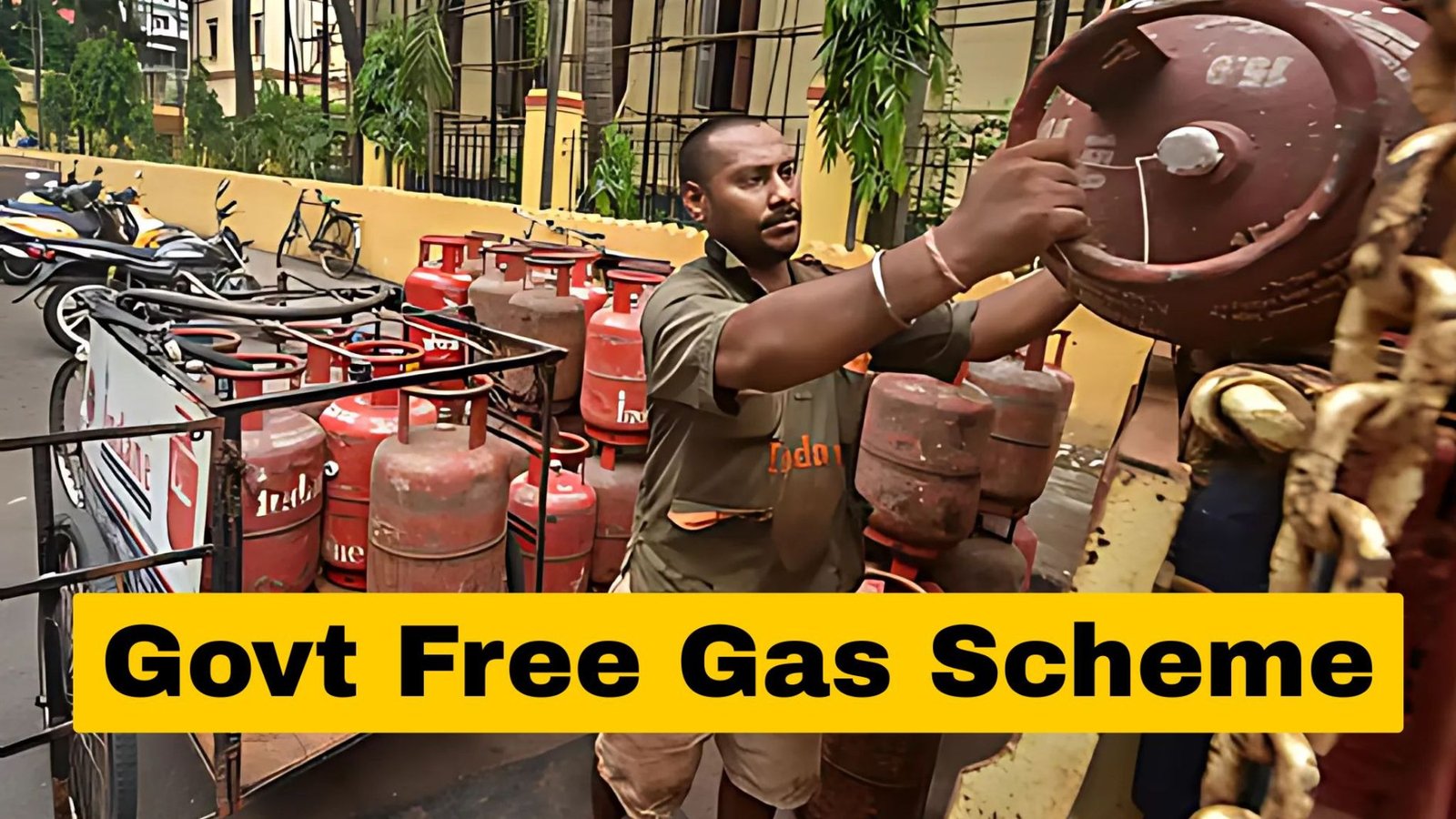How To Get Government Free Gas Cylinder Scheme
Pradhan Mantri Ujjwala Yojana 2.0 builds upon the original initiative launched by the Government of India to provide clean cooking fuel to households. This extended version focuses on enhancing the well-being of women, particularly in rural areas, by offering free LPG connections to promote healthier and more dignified living conditions.
Scheme Background
Introduced in 2016, the initial phase of the Ujjwala Yojana aimed to distribute five crore LPG connections to women from Below Poverty Line (BPL) families. Given its success and widespread impact, the government launched Ujjwala 2.0 in August 2021 to further expand the reach of this transformative program.
Key Features of Ujjwala 2.0
This new phase provides eligible households with a free LPG connection, a gas stove, and a complimentary first refill. The application process has been made more accessible, requiring only minimal documentation such as a self-declaration form. Importantly, the scheme also extends benefits to migrant families, who often lack traditional address proof.
Impact on Women and Families
Ujjwala 2.0 has significantly improved the quality of life in rural households. Women no longer need to depend on traditional biomass fuels like firewood or cow dung, which produce hazardous smoke and pose serious health risks. With access to clean LPG, women save time and energy, enabling them to pursue education, work, or other opportunities. Government’s Broader Vision
Government’s Broader Vision
The overarching goal of Ujjwala 2.0 is to promote a cleaner, healthier India. By replacing polluting fuels with cleaner alternatives, the government aims to raise living standards in underprivileged communities while also supporting the country’s environmental commitments through reduced carbon emissions.
Conclusion
Pradhan Mantri Ujjwala Yojana 2.0 continues to positively transform millions of lives. By focusing on women’s health, convenience, and empowerment, the scheme exemplifies how targeted welfare initiatives can drive meaningful social and environmental progress.
